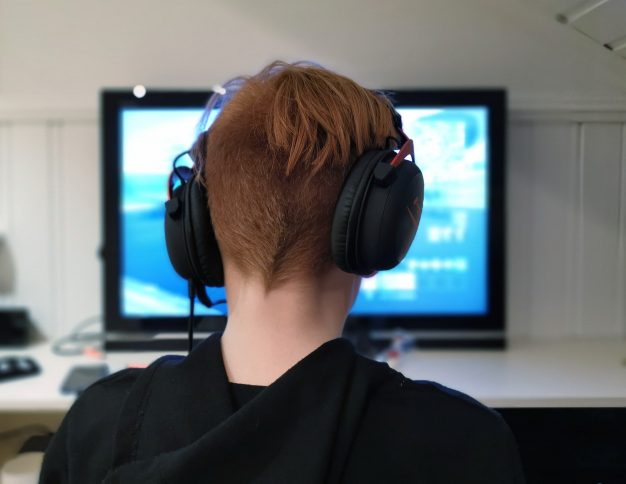
Video games can be good for children – but only if designed right
New research from children’s charity UNICEF suggests that video gaming can have its uses by potentially contributing to and supporting the well-being of children – so long as the games are are designed with the needs of children in mind.
This research was produced as part of the Responsible Innovation in Technology for Children (RITEC) project, an international collaboration between organisations that believe the design and development of digital technology should support the rights and well-being of children.
The project was co-founded by UNICEF and the LEGO Group and is funded by the LEGO Foundation.
Researchers found that digital games, when designed well, can allow children to experience a sense of control, have freedom of choice, experience mastery and feelings of achievement, experience and regulate emotions, feel connected to others and manage those social connections, imagine different possibilities, act on original ideas, make things, and explore, construct and express facets of themselves and others. These experiences are all important for children’s well-being and can support their development.
This new research, which was produced in partnership with the University of Sheffield, New York University, City University New York and the Queensland University of Technology, says that digital games companies and games designers can and should support the well-being of children through the games they produce, convincingly demonstrating that digital play has a particularly positive impact on children’s well-being when it responds to their deep interests, needs and desires.
‘Responds to their deep interests, needs and desires’
Bo Viktor Nylund, Director of UNICEF Innocenti, said: “For decades, people have often assumed that playing video games is somehow bad for children, undermining their well-being. But our new study paints a far more complex picture – one in which these games can actually contribute to children’s well-being and positively support them as they grow up.”
“But not all children are impacted positively by video games, and – crucially – not all games are having a positive impact on children. In fact, for games to support the well-being of children, game designers must take the needs of children into account and design games that support those needs,” added Nylund.
Anna Rafferty, Senior Vice President of Digital Consumer Engagement, the LEGO Group, said: “This exciting research from UNICEF and leading academics shows that safe and inclusive digital play can have a profoundly positive impact on children’s lives. We’re proud to be partnering with like-minded organisations to understand how digital experiences can be designed in a way that puts children’s well-being first. These findings will empower responsible businesses to create a digital future where children are safe, nurtured and equipped to thrive.”
The study found that games can support children’s senses of autonomy, competence, creativity and identity, as well as help them regulate emotions and build relationships. But in order to support one or more of these aspects of well-being, games need to contain certain features.
‘Allow children to freely explore and solve problems’
For example, to support children’s sense of autonomy, a game could put them in control, allow them to make decisions about gameplay and encourage them to develop their own strategies to progress. Or to support creativity, a game could allow children to freely explore and solve problems or create their own characters or narratives.
Nylund added: “This research helps us understand not only how video games can impact the well-being of children, but also helps the producers and designers of these games understand what elements they can include to support children. We hope they will consider these findings as they design the games our children will be playing in the future.”
And while safety and security of children playing digital games – a vital topic which is already the subject of much research – were not as strong a focus in this study, it was still found to be of fundamental importance to protect the well-being of children.
Also included in the RITEC project is the Joan Ganz Cooney Center, the Young & Resilient Research Centre at Western Sydney University; the CREATE Lab at New York University; the Graduate Center, City University of New York; the University of Sheffield and the Australian Centre of Excellence for the Digital Child.
The study comprised three research initiatives: experimental research through a multi-week digital play intervention involving 255 children aged between eight and 12 in the US, Chile and South Africa; observational research in the homes of 50 families over a 14-month period with children aged between six and 12 in Australia, Cyprus, South Africa and the UK; and lab-based research measuring heart rate, eye tracking, facial expressions and galvanic skin response of 69 children playing digital games, aged between seven and 13 in Australia.
Research partners in Chile, Cyprus, South Africa, United Kingdom and the United States, including those associated with the Centre for Creative Education, the University of Cape Town, Curtin University, Universidad de Chile, University of Cyprus and University of Oulu, helped conduct this research and contributed their expert knowledge and understanding of local contexts.
The report, Responsible Innovation in Technology for Children, can be downloaded here.




